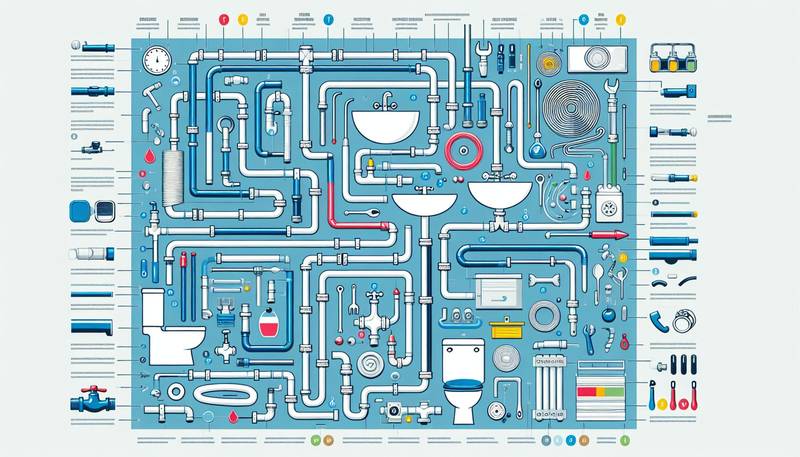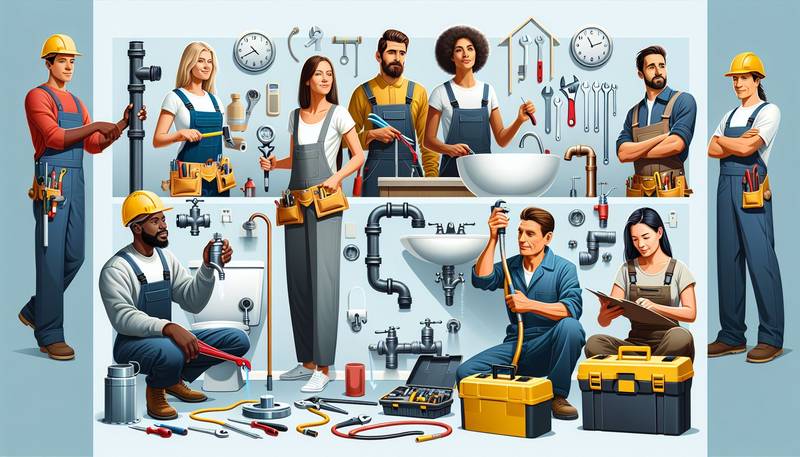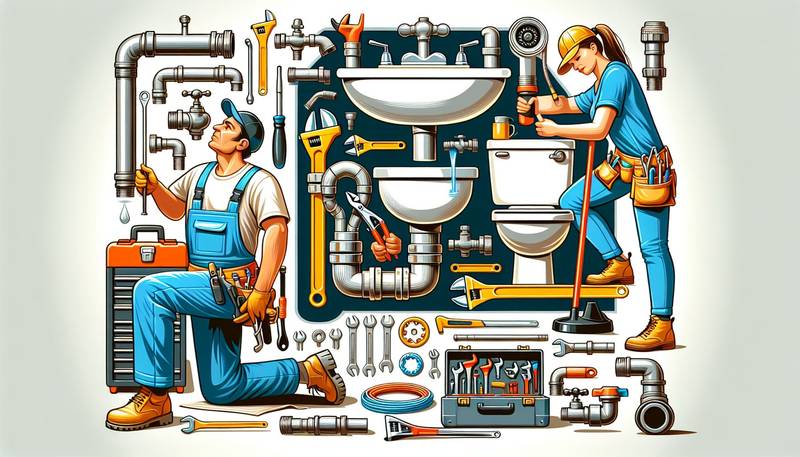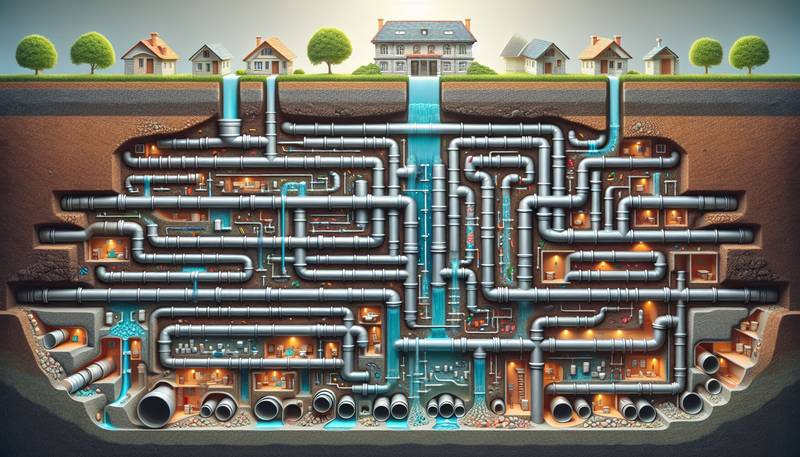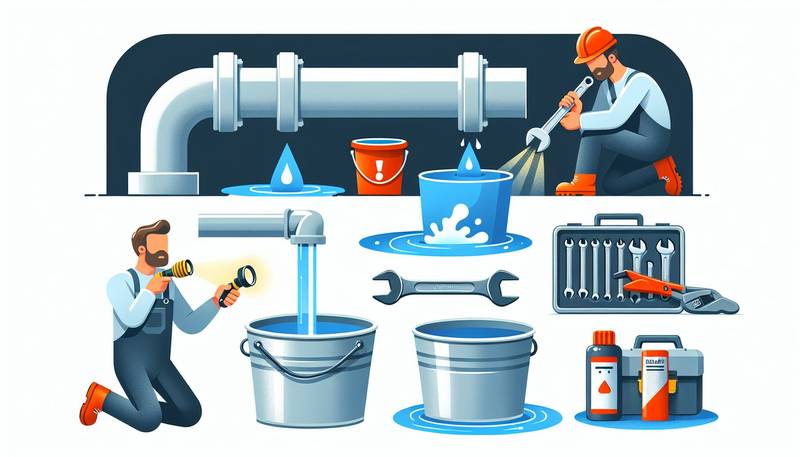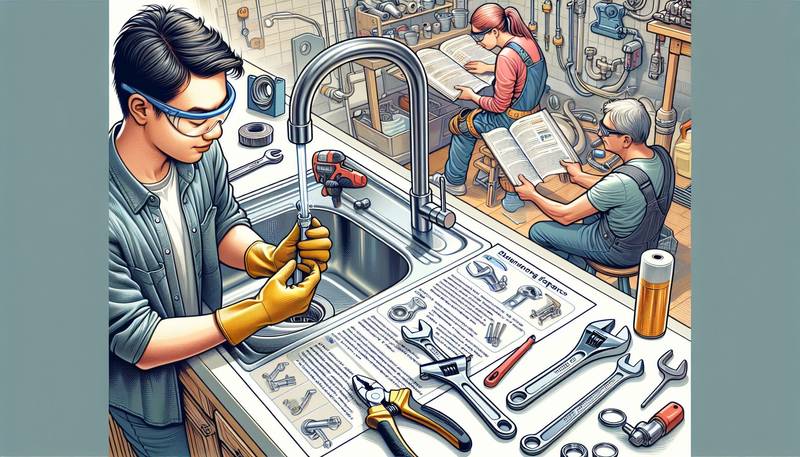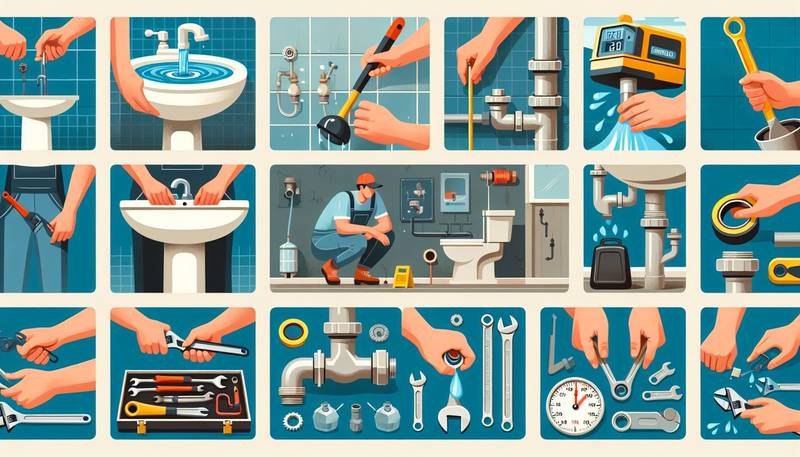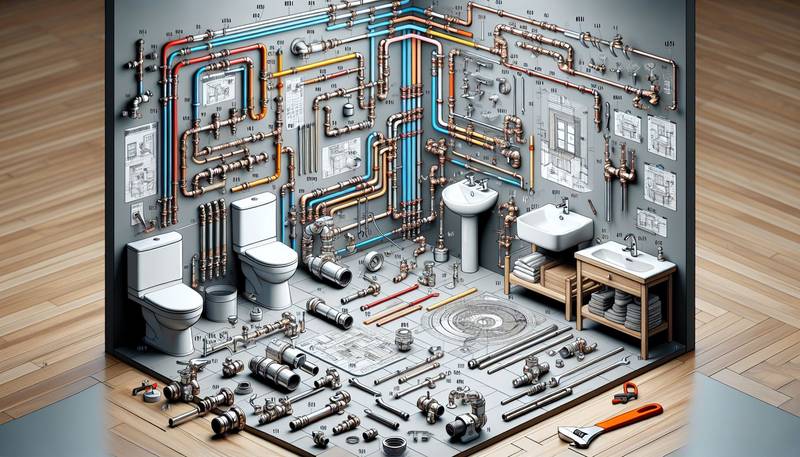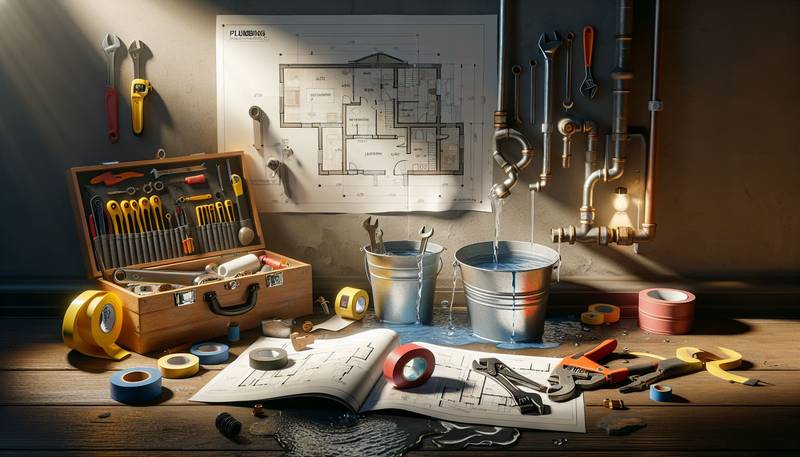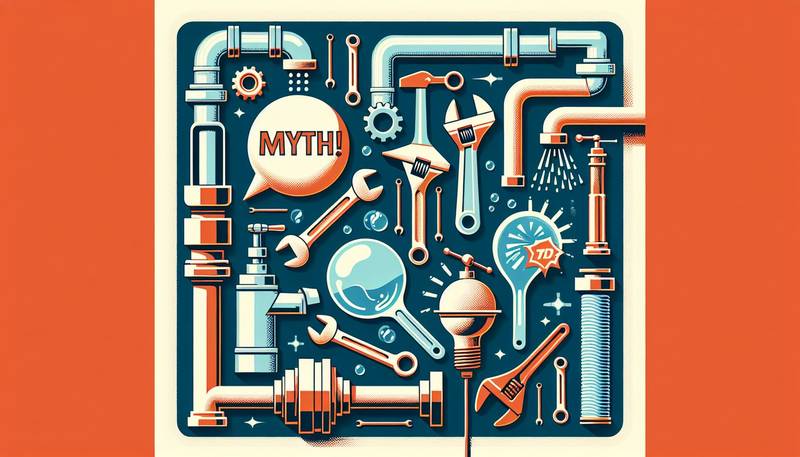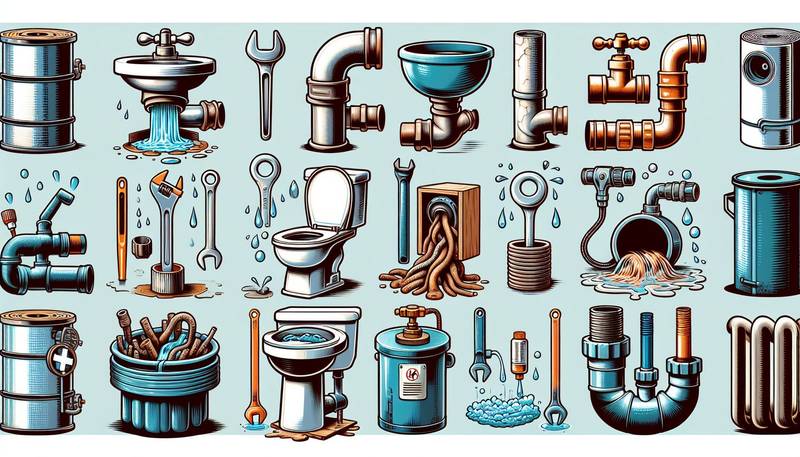Understanding Plumbing Codes: Essentials for the DIY Enthusiast
By familiarizing yourself with these codes, you can avoid potential issues down the line and ensure that your plumbing projects are safe and up to code.
Importance of Plumbing Codes
Plumbing codes are regulations put in place by local authorities to ensure that plumbing systems are installed and maintained correctly. These codes are designed to protect public health and safety by ensuring that water is delivered safely and waste is disposed of properly. By adhering to plumbing codes, you can prevent issues such as leaks, contamination, and other potential hazards that could arise from improper plumbing installations.
Types of Plumbing Codes
There are various types of plumbing codes that DIY enthusiasts should be familiar with when undertaking plumbing projects. These codes cover everything from the materials used in plumbing systems to the proper installation of fixtures and pipes. Some common types of plumbing codes include building codes, mechanical codes, and plumbing codes specific to different regions or municipalities.
Building Codes
Building codes govern the construction of buildings and include regulations for plumbing systems. These codes dictate the minimum standards for plumbing installations, such as the size of pipes, the placement of fixtures, and the materials used. By adhering to building codes, you can ensure that your plumbing projects meet the necessary standards for safety and functionality.
Mechanical Codes
Mechanical codes are specific codes that govern the installation and maintenance of mechanical systems, including plumbing. These codes cover a wide range of topics, such as the design of systems, the installation of appliances, and the maintenance of plumbing fixtures. By following mechanical codes, you can ensure that your plumbing projects are completed correctly and function as intended.
Regional Codes
In addition to building and mechanical codes, DIY enthusiasts should be aware of any regional plumbing codes that may apply to their area. These codes can vary from region to region and may include specific requirements or regulations that differ from national or international codes. By familiarizing yourself with regional codes, you can ensure that your plumbing projects comply with all relevant regulations and standards.
Tips for Understanding Plumbing Codes
To better understand plumbing codes and ensure that your DIY plumbing projects are up to code, consider the following tips:
Research local codes: Take the time to research the plumbing codes that apply to your area. This will help you understand the specific requirements and regulations that you need to follow when undertaking plumbing projects.
Consult with professionals: If you are unsure about any aspect of plumbing codes or how to apply them to your projects, consider consulting with a professional plumber or contractor. They can offer guidance and expertise to help ensure that your work meets the necessary standards.
Stay informed: Plumbing codes are constantly evolving, so it's important to stay informed about any changes or updates that may affect your projects. Subscribe to industry publications or attend training sessions to stay up to date on the latest codes and regulations.
Use quality materials: When undertaking plumbing projects, be sure to use high-quality materials that meet the standards set by plumbing codes. Using subpar materials can lead to issues down the line and may not comply with regulations.
Conclusion
Understanding plumbing codes is essential for DIY enthusiasts looking to tackle plumbing projects in their homes. By familiarizing yourself with building, mechanical, and regional codes, you can ensure that your projects are safe, up to code, and meet the necessary standards for functionality. By following these tips and guidelines, you can confidently tackle plumbing projects knowing that they are in compliance with all relevant regulations and standards.
